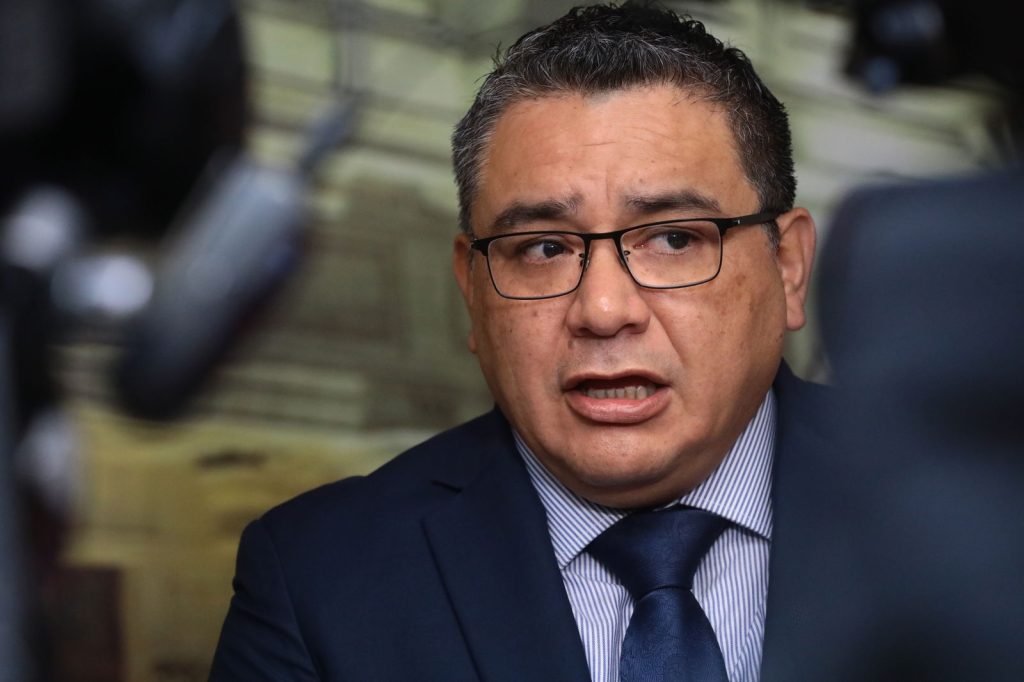At the end of the consultation, the international organization proposes that tax reform should emphasize fiscal responsibility and the expansion of the tax base
The Board of Directors of the International Monetary Fund (IMF) urged the Dominican government to continue fiscal consolidation through a reform that will increase fiscal revenues in a lasting manner, while calling for greater flexibility in the exchange rate.
He suggested that tax reform should emphasize fiscal responsibility and broadening the tax base.
At the conclusion of the Article IV Consultation with the Dominican Republic for 2024, the IMF issued a document highlighting that fiscal policy in the country should continue to focus on replenishing fiscal space and addressing essential expenditures.
He said the Fiscal Responsibility Law and its planned implementation are welcome and constitute important steps towards further anchoring medium-term policies and continuing to ensure debt sustainability.
On this issue, he added that the gradual fiscal consolidation planned by the authorities, in accordance with the said law, is appropriate to position the debt on a firm downward trajectory and create fiscal space.
In this regard, the IMF Board of Directors stated that “comprehensive fiscal reform is imperative to increase tax revenues in a lasting way by eliminating tax exemptions and broadening the tax base, and to improve spending efficiency, especially by reducing subsidies to the electricity sector and non-targeted transfers.”
He said these measures would create space for necessary development spending (including on disaster-resilient infrastructure) to promote inclusive growth.
To further strengthen the fiscal policy framework and the efficiency of spending and revenue, the board of directors of the international organization also suggested that the Dominican State continue to improve public financial management and further strengthen the administration of public revenues.
In the short term, he called for policy priorities to remain focused on maintaining macroeconomic and financial stability, which includes increasing exchange rate flexibility.
“Monetary policy normalization can continue, given that there is still slack in the economy and inflation is firmly within the target range. Measures aimed at speeding up the recapitalization of the Central Bank should continue to be prioritized in order to strengthen its autonomy,” the IMF’s consultation report notes.
The bank advised continuing efforts to deepen the foreign exchange market, expand the use of hedging mechanisms, and limit foreign exchange interventions to major shocks that cause destabilizing changes in hedging and financing premiums, in order to continue supporting exchange rate flexibility and thereby further improve the effectiveness of the inflation targeting regime.
“Although international reserves are generally adequate according to traditional indicators, additional reserves need to be accumulated to increase the capacity to cope with future shocks,” he said.
Financial sector
The IMF Board stressed that the financial sector remains resilient and adequately capitalized. However, it believes that efforts to modernize the regulatory framework, consistent with the most recent international standards, must be maintained.
He stressed that the banking sector was able to weather the period of high interest rates and low growth in 2023 well, so the stress tests show that it is in a position to absorb various shocks.
However, he cautioned that in light of higher-for-longer interest rates and previous upticks in credit growth, careful monitoring remains necessary to contain any build-up of vulnerabilities.
Reforms and electrical pact
The UNFPA also considered that educational and labour market reforms, together with further improvements in social achievements and the adoption of climate adaptation and mitigation policies, are crucial to supporting inclusive and resilient growth and continuing to reduce vulnerabilities.
He also said that the authorities must continue their efforts in order to fully implement the Electricity Pact.

















